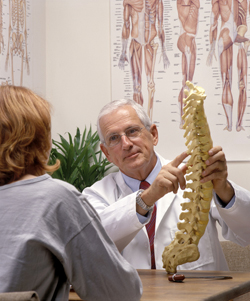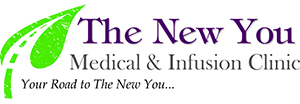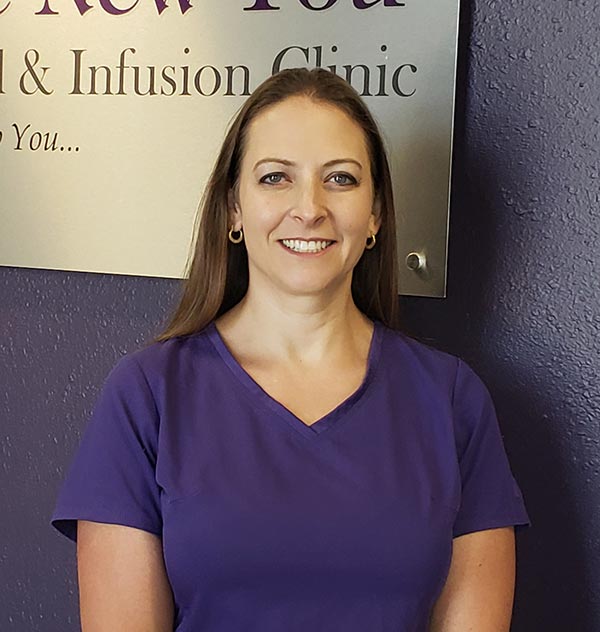Non-Invasive Scoliosis Treatment in Haltom City, TX

Scoliosis refers to the deviation or misalignment of the spine. Scoliosis can be a condition present from birth (infantile or juvenile scoliosis) or affect an adult (adult scoliosis). Scoliosis may also emerge as a symptom of another medical condition. While most people associate scoliosis treatment with invasive surgery, there are actually many non-invasive scoliosis treatment options.
Is non-invasive scoliosis treatment right for your needs? Request more information today: call (817) 203-2760 or contact Ms. Jessica Stangenwald online for more information.
What is Non-Invasive Scoliosis Treatment?
Non-invasive scoliosis treatment refers to any treatment option that doesn't involve the use of invasive surgery or the insertion of steel stabilizing rods, both of which are common forms of scoliosis treatment. While those options are ideal for a person with severe scoliosis, many people suffering from a spinal deviation can receive non-invasive treatment.
When left untreated, scoliosis can lead to:
- Intense pain
- Difficulty sleeping
- Low mobility
- Self-confidence issues
- Trouble eating or swallowing
- Worsening condition (degenerative scoliosis)
The use of non-invasive scoliosis treatment depends on the severity of the issue. Scoliosis is typically measured in degrees, with this measurement indicating how far the spine has deviated. To give an example, a case of scoliosis at 40 degrees is significantly worse than one at 10 degrees. In general, scoliosis is broken in to mild, moderate and severe cases:
- Mild: 10 - 25 degree curve
- Moderate: 26 - 40 degree curve
- Severe: Over 40 degree curve
If not addressed, scoliosis typically worsens for those suffering from it. This is known as degenerative scoliosis. This results in an increasing curve, making non-invasive treatment more and more difficult with time. Due to its progressive nature, treating degenerative scoliosis as early as possible is crucial.
Non-invasive treatment is thought to be effective when used to treat mild scoliosis, but can be used for moderate scoliosis as well. Other than pain management techniques, treating severe scoliosis with non-invasive methods is rare.
How Does Non-Invasive Scoliosis Treatment Work?
There are many different types of non-invasive scoliosis treatments. Depending on the method being used, these treatments could be provided by a doctor, nurse or physical therapist. Some of the most common types of non-invasive scoliosis treatment include:
- Physical therapy
- Braces
- Facet injections
- Epidural injections
- Pain management
- Pain-relieving medication
- Chiropractic care
The exact method used depends on the severity of the scoliosis and the individual needs of the patient. For example, a mild case may require only physical therapy and a brace to correct the problem over time. A moderate case, however, may require more in-depth non-invasive treatment.
In general, all forms of non-invasive scoliosis have the same goals:
- Reduce pain
- Improve mobility
- Re-align and strengthen the spine
Request Scoliosis Treatment Information Now
Non-invasive scoliosis can provide relief from spinal pain, and in some cases, help align the spine to correct degenerative scoliosis. Request more information about non-invasive scoliosis treatment today: call (817) 203-2760 or contact Ms. Jessica Stangenwald online.
The New You Medical & Infusion Clinic
Address
100 Grapevine HwyHurst, TX 76054
(817) 203-2760
https://www.newyoumedclinic.com/
Hours
Mon:
10:00 am - 6:00 pm
Tue:
10:00 am - 6:00 pm
Wed:
10:00 am - 6:00 pm
Thu:
10:00 am - 6:00 pm
Fri:
Closed
Sat:
Closed
Sun:
Closed


